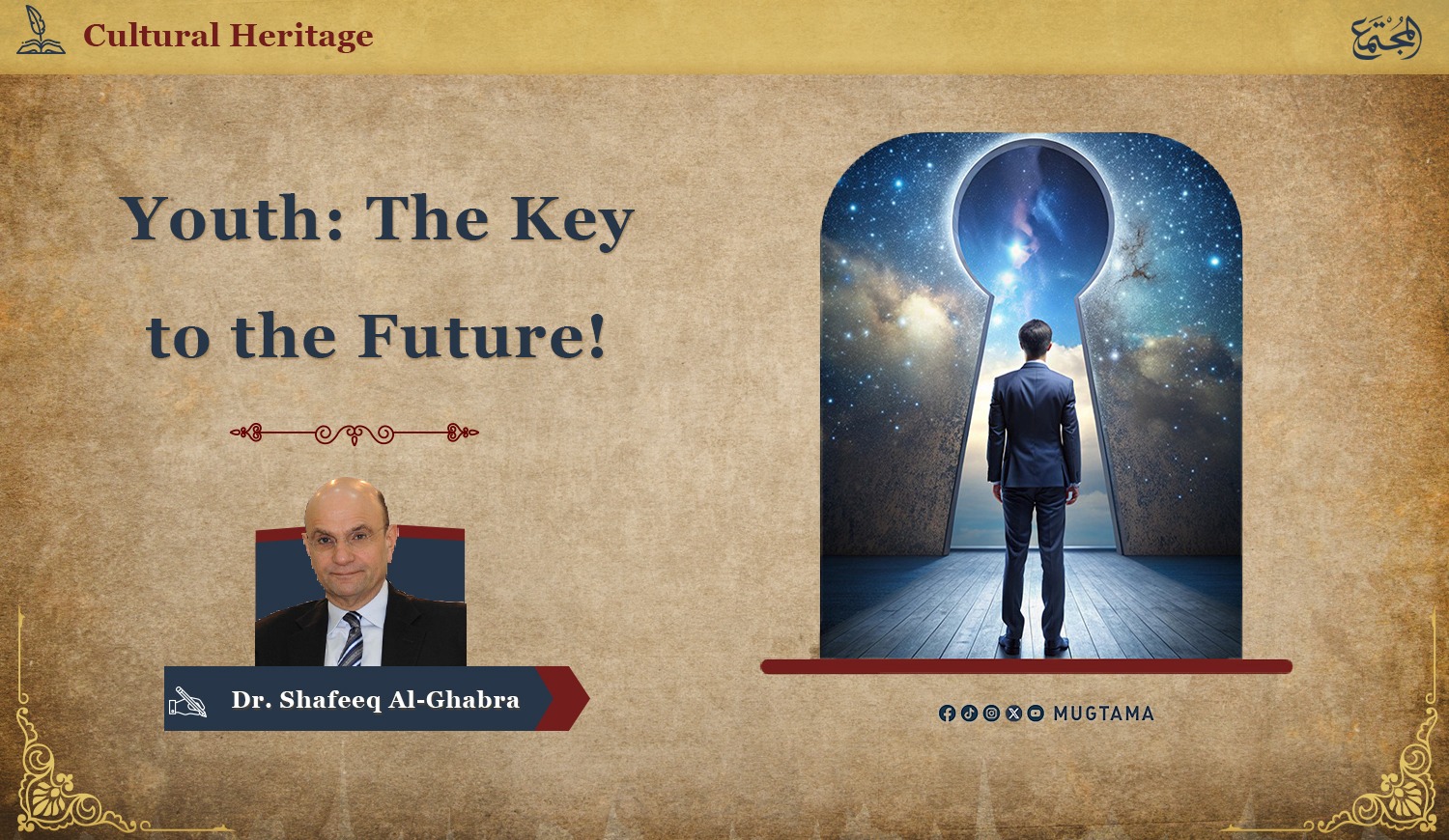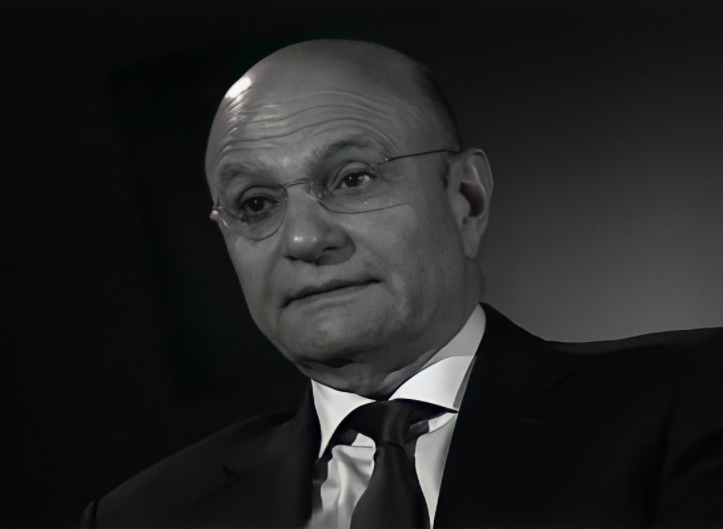Youth: The Key to the Future!

The constant interaction with students—a
practice I have engaged in for many long years at Kuwait University, as well as
in every visit I make to universities across the Arab world—reveals that the
future of the Arab world is tied to the young capabilities that are, day after
day, discovering the weakness of the discourse presented to them by traditional forces. They also
discover that their future, because of corruption, poor administration, and the
politicization of issues, may likewise be at the mercy of the winds. There is
a rising energy realizing each day that, unless it becomes bolder in criticism
and more willing to challenge the hesitation of the elders in making wise
decisions, it will find itself without a place and without homelands.
Risks Facing the Rising Generation
For this reason, the rising generation may
lose stability, prosperous economies, and the jobs they dreamed of after
graduating from universities. With every event and development, they realize
that their path will not be strewn with roses, and that their dreams will not
come true without doubled efforts—especially since the recent financial crisis
is reflected in our reality as a culmination of policies riddled with slackness
and weakness in planning. Alongside this realization, however, the younger generation
suffers from weak preparation, and it is their misfortune that they are the
product of fragile educational programs. Much of the education in the Arab
world is in need of a comprehensive uprising if we want the coming generation
to succeed in addressing its challenges effectively.
Slogans of the Past Generations
Previous generations had pinned their hopes
on many slogans over past decades. We began with “independence is the
solution,” then “Arab nationalism is the solution,” then “the state is the
solution,” then “the public sector is the solution,” “Palestine is the
solution,” “Islam is the solution,” “America is the solution,” “peace is the
solution,” then came the current “terrorism is the solution,” “the private
sector is the solution,” and “resistance is the solution.” But in everything,
there was no constructive engagement with the deep-rooted problems in the Arab
structure, problems that reflect onto Arab societies through tribal, sectarian,
psychological, financial, and economic divisions—or through ways of thinking,
decision-making styles, administration methods, governance mechanisms, cultural
states, and human conditions—along with weak transparency and the dominance of
dictatorship.
Thus we reached the decline of our
conditions: from Palestine—the core of the Arab-Israeli conflict—to Libya,
where society barely emerges from the circle of sanctions and reckless
policies.
Illusion of Solutions
We also discovered that the private sector
was not the solution. It may be part of the solution, yet its pursuit of
inflated profits has led to grave social and economic mistakes. As for the
state and the public sector, they turned out to be victims of small, narrow
groups directing the entire state according to their visions, which quickly hit
dead ends. In the absence of transparency, freedoms, critique, and
accountability, states fail in achieving their national project. Islam, too, in
its current political and activist manifestations, has exited the sphere of
being “the solution,” because every Islamic group saw reality from a different
angle, and they all retreated into shells of “resistance against everything.”
This led to one split after another within their ranks, until they themselves
fell victim to outbidding in positions and escalation in extremism—culminating
in the divisions we see today: Sunni vs. Shia, Christian vs. Muslim, extremist
vs. peaceful, Islamist vs. liberal—across the Arab world and its main cities.
Thus, fragmentation and disunity deepened instead of unity and nationalism.
The rising generation before us does not
want to be a victim of fanaticism or factionalism in government work, nor of
greed in the private sector. Nor does it want to be absorbed into currents
controlled by a generation that failed to achieve for itself what it now wants
to impose on others. This is why a large void has emerged in the Arab world
between the fathers’ generation and the sons’ generation.
New Generation Face Difficult Circumstances
The emerging generations are growing up
under difficult circumstances: populations are increasing, economic resources
are no longer available for all as they were decades ago, education is
declining, and marginalization has become the most significant share allotted
to them. Upon this generation will fall the burden of striving to discover,
searching to learn, and reflecting on its surroundings to evolve. They must
realize now that matters may be the opposite of what they appear, and that
discovery and questioning are their only means of lighting their way.
-------------------------------------------------------------
Source: Al-Rai
Read Also:
-
A
Message from the Elders to the Youth












